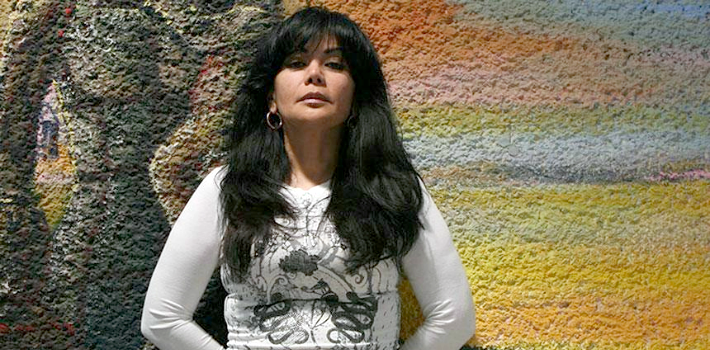Insider Reveals Details about El Chap's Prison Break

Beltrán said “sometimes” the government doesn’t imprison witnesses who could testify against some of its officials. (Diario19)
Avila said in the interview that the news of Guzman Loera’s escape made her “happy,” but that in order to escape he “had to have had help from the highest levels of government.”
“The federal [Mexican] prison system is tough,” she said. “To be able to buy that system? It has to be from high up. Not the director of the prison. Not the guards. It has to be at the cabinet level.”
During the interview published last Monday by The Gaurdian, Beltrán mocked the futility of drug prohibition and criticized corruption among Mexican politicians.
When asked how cartels would react to the legalization of marijuana and the possible end of lucrative business, she said that it wouldn’t matter because “there will always be the invention of new drugs. The important thing is to continue the business.”
Without showing any guilt for the violence unleashed by drug trafficking in Mexico, Beltrán said “the statistics show more people die from alcohol than drugs, and where alcohol is sold, no one feels remorse.”
The “Queen of the Pacific” said cartel-related deaths are the result of competition and the Mexican government’s brutal assassination tactics.
“The government at times has to kill people because it is not convenient to imprison witnesses who could testify against them,” she said.
“Drug trafficking is a business that has not been legalized,” Beltrán said. “It is a business like alcohol was [during prohibition], which was not legal … In those days, a liquor salesman was considered a bad person but when they legalized it, the people who sold it became respectable. I don’t see that alcohol or tobacco salesmen feeling guilty today. You go to a restaurant or a bar and the owners don’t feel guilty.”
Beltrán was arrested in Mexico City in 2007, but was acquitted three years later on charges of drug and organized crime, as well as money laundering.
In 2012, she was extradited to the United States, but was deported to Mexico a year later after pleading guilty. In Mexico, she was sent to El Rincón prison in Nayarit for seven years — two of which were solitary confinement — until being released February 7, 2015.
Source: Proceso.
No comments:
Post a Comment